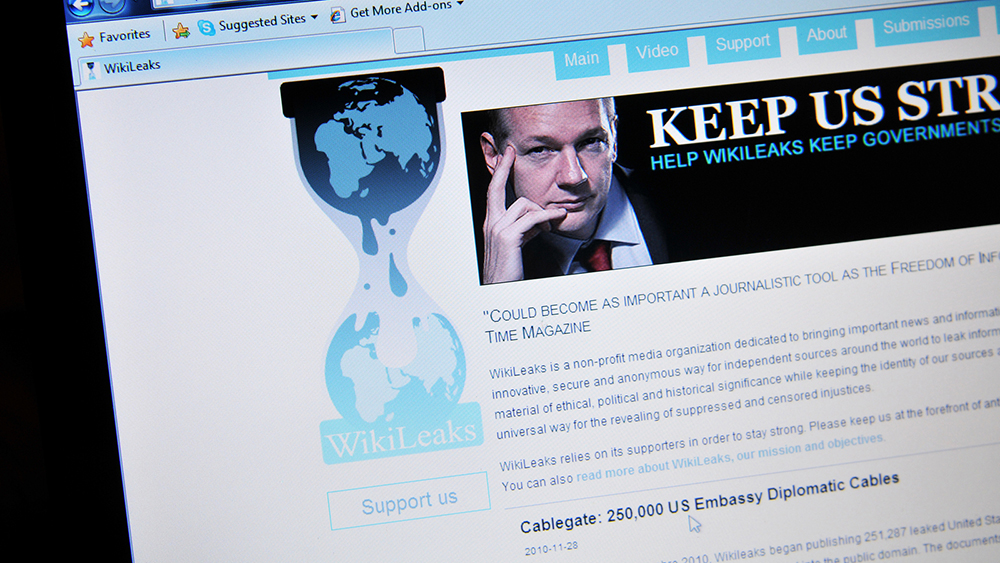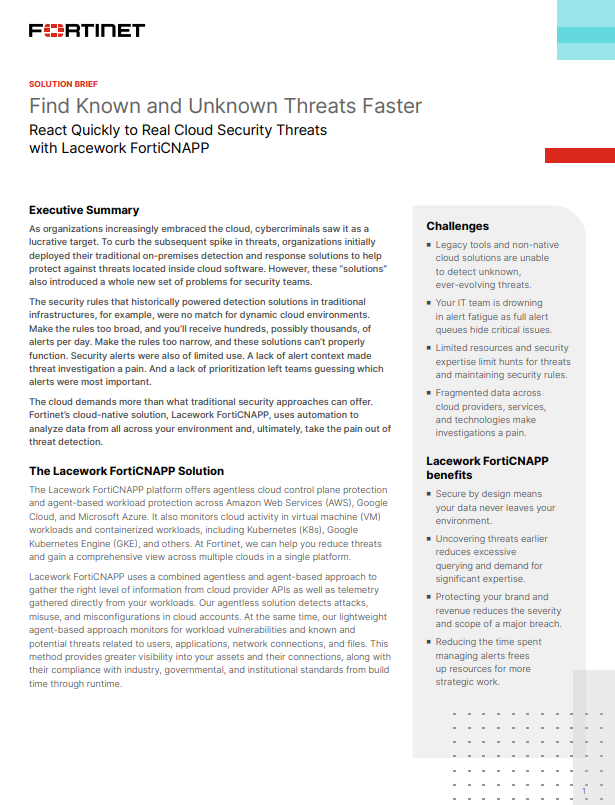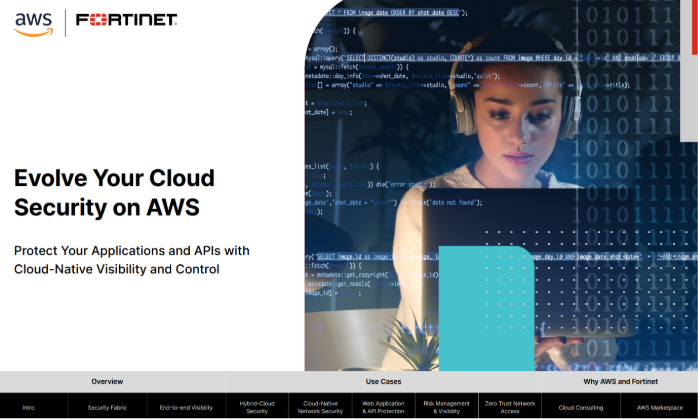Are businesses underestimating targeted cyber threats?
Detica research shows many businesses believe they are well prepared for targeted attacks, yet they may be naive in their assessment.


Almost all British businesses believe they are adequately protected against targeted attacks on their systems, a survey has indicated.
The Ipsos MORI survey, commissioned by Detica, discovered 94 per cent of British firms felt they had good enough protection, yet traditional defences still proved popular.
Almost two-fifths said they used a firewall to protect against targeted cyber attacks, while 22 per cent trusted in their anti-virus systems. However, such protections may not be good enough, the Detica report suggested.
Furthermore, just 14 per cent said they were at high risk of a targeted attack and only one respondent said they were at a very high risk.
Board members appeared somewhat unbothered about targeted attacks as well. Just 24 per cent of respondents said their board had requested information about such targeted attacks in the last 12 months.
Henry Harrison, technical director for Detica, told IT PRO a major problem for companies and their understanding of targeted cyber threats derived from a lack of suitable data on the subject.
In particular, Harrison pointed to recent stories surrounding the distributed denial of service (DDoS) attacks in support of WikiLeaks.
Get the ITPro daily newsletter
Sign up today and you will receive a free copy of our Future Focus 2025 report - the leading guidance on AI, cybersecurity and other IT challenges as per 700+ senior executives
"[DDoS attacks] are the cyber version of a carpet bomb," Harrison said.
"The news which has come out in the last couple of weeks has been both helpful and unhelpful... the language of attack' can be unhelpful."
Despite these concerns over media stories surrounding cyber security awareness, "we are starting to see some real coverage of these issues," he added.
However, businesses should be more worried about covert infiltration by cyber criminals in their attempts to steal data or intellectual property, Harrison explained.
Private companies are more at risk than public organisations, he claimed, especially considering many private companies help run the UK's critical infrastructure.
It emerged yesterday that the Anonymous group running DDoS campaigns in support of WikiLeaks decided to send faxes of leaked documents to various firms, including Amazon and Mastercard.
The new 'Leakflood' campaign, in which the hackers will also send out messages from Anonymous, is due to come to an end at 16:00 GMT today.
Luis Corrons, technical director of PandaLabs, said in a company blog it was the first "FaxDDoS" he had ever seen.
Tom Brewster is currently an associate editor at Forbes and an award-winning journalist who covers cyber security, surveillance, and privacy. Starting his career at ITPro as a staff writer and working up to a senior staff writer role, Tom has been covering the tech industry for more than ten years and is considered one of the leading journalists in his specialism.
He is a proud alum of the University of Sheffield where he secured an undergraduate degree in English Literature before undertaking a certification from General Assembly in web development.
-
 Wikileaks 'hacked' by OurMine
Wikileaks 'hacked' by OurMineNews The whistleblowing site was supposedly breached, but the attack was found to be a simple DNS spoof
By Adam Shepherd
-
 Sweden drops rape charges against Julian Assange
Sweden drops rape charges against Julian AssangeNews Assange may still remain in hiding, however
By Nicole Kobie
-
 Cisco discloses Vault 7 vulnerabilities
Cisco discloses Vault 7 vulnerabilitiesNews Internal analysis seems to have identified bug revealed by WikiLeaks
By Jane McCallion
-
 Apple iOS 10.2.1 protects users from Weeping Angel
Apple iOS 10.2.1 protects users from Weeping AngelAnalysis Security community says Vault 7 content is "no surprise", but reckless
By Jane McCallion
-
 WikiLeaks ‘exposes people’s personal data’ in leaked files
WikiLeaks ‘exposes people’s personal data’ in leaked filesNews Rape victims and other innocent people named in WikiLeaks documents, says AP
By Joe Curtis
-
 Pressure mounts on US justice department to drop Wikileaks investigation
Pressure mounts on US justice department to drop Wikileaks investigationNews Human rights organisations claim investigation could put all journalists at risk of prosecution
By Caroline Donnelly
-
 Julian Assange unlikely to be charged by US government
Julian Assange unlikely to be charged by US governmentNews No way to prosecute Assange without also taking legal action against journalists.
By Khidr Suleman
-
 Bradley Manning found guilty of espionage
Bradley Manning found guilty of espionageNews US Soldier Bradley Manning could face up to a 136-year jail sentence.
By Khidr Suleman

